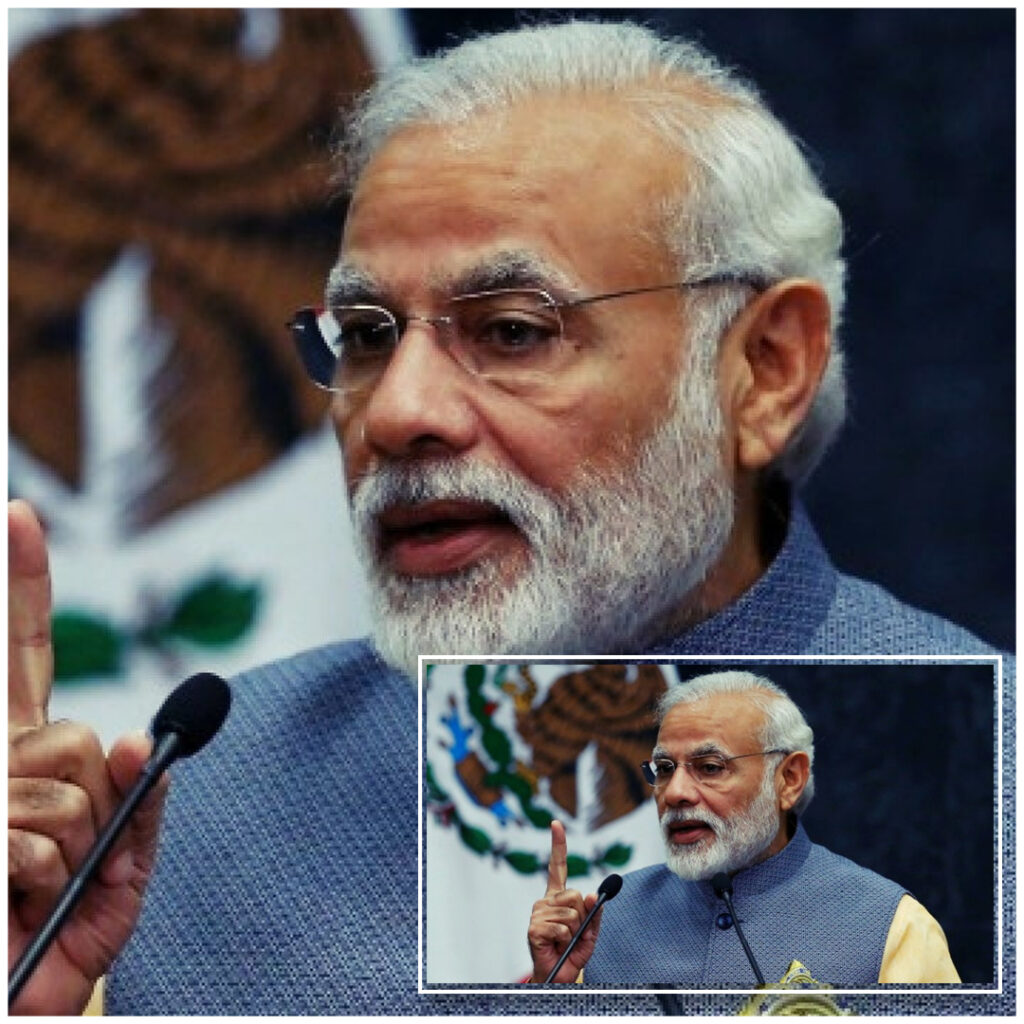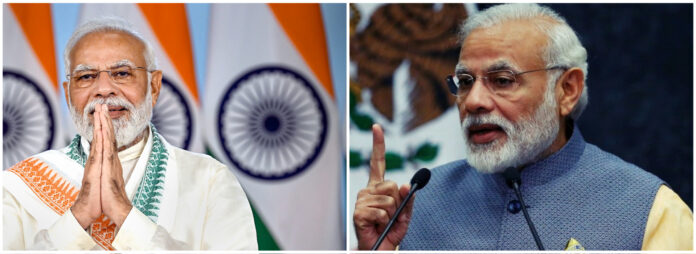The Bharatiya Janata Party (BJP), India’s ruling political party, has long advocated for the implementation of a Uniform Civil Code (UCC) as part of its ideological agenda. Rooted in the principles of the Rashtriya Swayamsevak Sangh (RSS), the ideological parent of the BJP, the pursuit of a UCC has been a core objective for decades. However, the BJP’s approach to realizing this goal has been characterized by incrementalism, strategic maneuvering, and careful consideration of political realities. In this comprehensive analysis, we delve into the BJP’s incremental strategy for implementing a Uniform Civil Code, examining its origins, key components, and the challenges it faces.

Origins of the Uniform Civil Code in Sangh Ideology:
The concept of a Uniform Civil Code is deeply entrenched in the ideological framework of the Rashtriya Swayamsevak Sangh (RSS) and its affiliates. The Sangh Parivar, a collection of Hindu nationalist organizations, views a UCC as essential for national integration and the assertion of Hindu cultural identity. Rooted in the belief in a common civil law for all citizens irrespective of religion, the Sangh’s advocacy for a UCC predates the formation of the BJP and has remained a consistent theme in its ideological discourse.
BJP’s Manifesto Commitment and Political Significance:
The BJP, as the political arm of the Sangh Parivar, has consistently included the promise of a UCC in its election manifestos. This commitment serves both ideological and political purposes for the party. Ideologically, it reaffirms the BJP’s alignment with the core principles of the Sangh, including the promotion of Hindu cultural unity. Politically, it helps mobilize support among its base by appealing to sentiments of nationalism and cultural identity.
Incremental Legislative Steps and Legal Framework:
Rather than pursuing sweeping reforms, the BJP has adopted an incremental approach towards implementing a UCC. This strategy involves introducing targeted legislative measures aimed at reforming specific aspects of personal laws while gradually moving towards a comprehensive civil code. For example, the BJP-led government has introduced legislation such as the Triple Talaq Bill, which seeks to address issues of gender equality and marital rights in Muslim personal law. These incremental steps serve to build momentum and consensus for broader reforms while navigating the complexities of India’s diverse social and religious landscape.
Coalition Politics and Stakeholder Engagement:
The BJP’s incremental strategy for a UCC is also shaped by the realities of coalition politics and the need to garner support from diverse stakeholders. As a majoritarian party operating within a pluralistic democracy, the BJP must navigate complex political dynamics and accommodate the interests of its allies and coalition partners. This necessitates a pragmatic approach that balances ideological objectives with political pragmatism and coalition considerations.
Challenges and Roadblocks:
Despite its incremental strategy, the BJP faces numerous challenges and roadblocks in its pursuit of a UCC. Opposition from minority communities, particularly Muslims, who view the UCC as a threat to their religious identity and autonomy, poses a significant hurdle. Legal complexities, constitutional constraints, and resistance from vested interests further complicate the path towards comprehensive reform. Additionally, the BJP’s own internal divisions and competing priorities within the Sangh Parivar present challenges to consensus-building and effective implementation.
Conclusion:The BJP’s incremental strategy for implementing a Uniform Civil Code, rooted in Sangh ideals, reflects a nuanced approach to navigating complex socio-political realities. By pursuing targeted legislative reforms, engaging with stakeholders, and managing coalition dynamics, the BJP seeks to advance its ideological agenda while adapting to the challenges of governance in a diverse and pluralistic society. While the road towards a comprehensive UCC remains fraught with challenges, the BJP’s strategic maneuvering and incremental approach represent a calculated effort to realize its vision of a unified legal framework for all citizens.






















